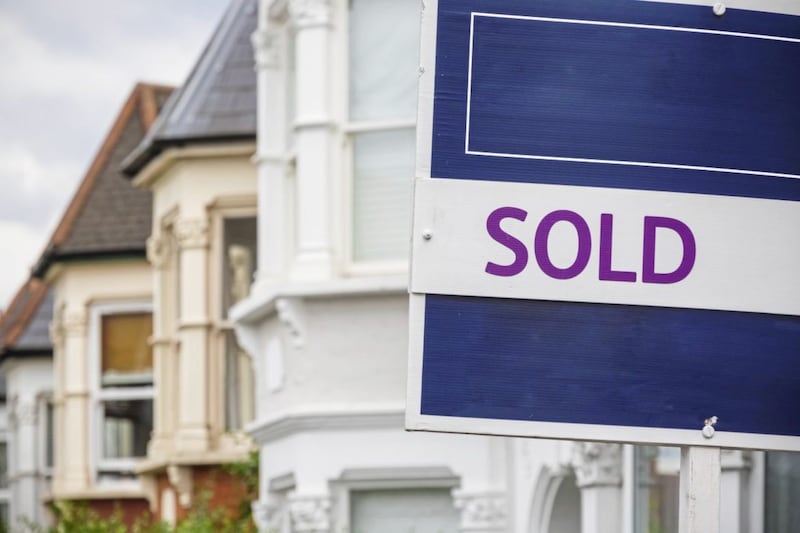QUESTION: I am getting married in the summer and I am selling my city centre apartment to move closer to my family. I am aware of changes to Stamp Duty Land Tax charges but can you explain them to me?
ANSWER: SDLT is payable by the purchaser in a land transaction occurring in England, Wales and Northern Ireland. Scotland has its own Land & Buildings Transactions Tax and from April 2018 Wales will have its own Land Transaction Tax.
From November 22 first time buyers now pay 0 per cent SDLT on residential properties on consideration up to and including £300,000. The excess beyond this and up to £500,000 is charged at 5 per cent with ordinary SDLT rates applying beyond £500,000.
Higher rates of SDLT are charged on purchases of additional residential properties (above £40,000).
The main target of the higher rates is purchases of buy to let properties or second homes. However, there will be some purchasers who will have to pay the additional charge even though the property purchased will not be a buy to let or a second home. The proposed 36 month rules set out below will help to remove some transactions from the additional rates (or allow a refund). Care will be needed if an individual already owns, or partly owns, a property and transacts to purchase another property without having disposed of the first property.
The higher rates are three percentage points above the main SDLT rates. The higher rates potentially apply if, at the end of the day of the purchase transaction, the individual owns two or more residential properties.
Some further detail:
:: Purchasers will have 36 months to claim a refund of the higher rates if they buy a new main residence before disposing of their previous main residence.
:: Purchasers will also have 36 months between selling a main residence and replacing it with another main residence without having to pay the higher rates.
:: A small share in a property which has been inherited within the 36 months prior to a transaction will not be considered as an additional property when applying the higher rates.
::There will be no exemption from the higher rates for significant investors.
As noted above, the date of sale of your apartment and the date of purchase of your new home will be critical to work out the stamp duty position.
Tax is chargeable on the consideration. This will usually be the actual cash that passes on the sale. However the definition is very wide and is intended to catch all sorts of situations where value might be given other than in cash: for example, if the purchaser agrees to do certain work on the property.
The purchaser must complete an SDLT1 return and this must be submitted to a special HMRC office within 30 days of the transaction. You must also send a cheque for the tax at the same time so this means that you have to calculate the tax due. A late return triggers an automatic penalty of £100, and late payment of the tax will mean a charge to interest.
:: Malachy McLernon (m.mclernon@pkffpm.com) is a director of PKF-FPM (www.pkffpm. com). The advice in this column is specific to the facts surrounding the question posed. Neither the Irish News nor the contributors accept any liability for any direct or indirect loss arising from any reliance placed on replies.








